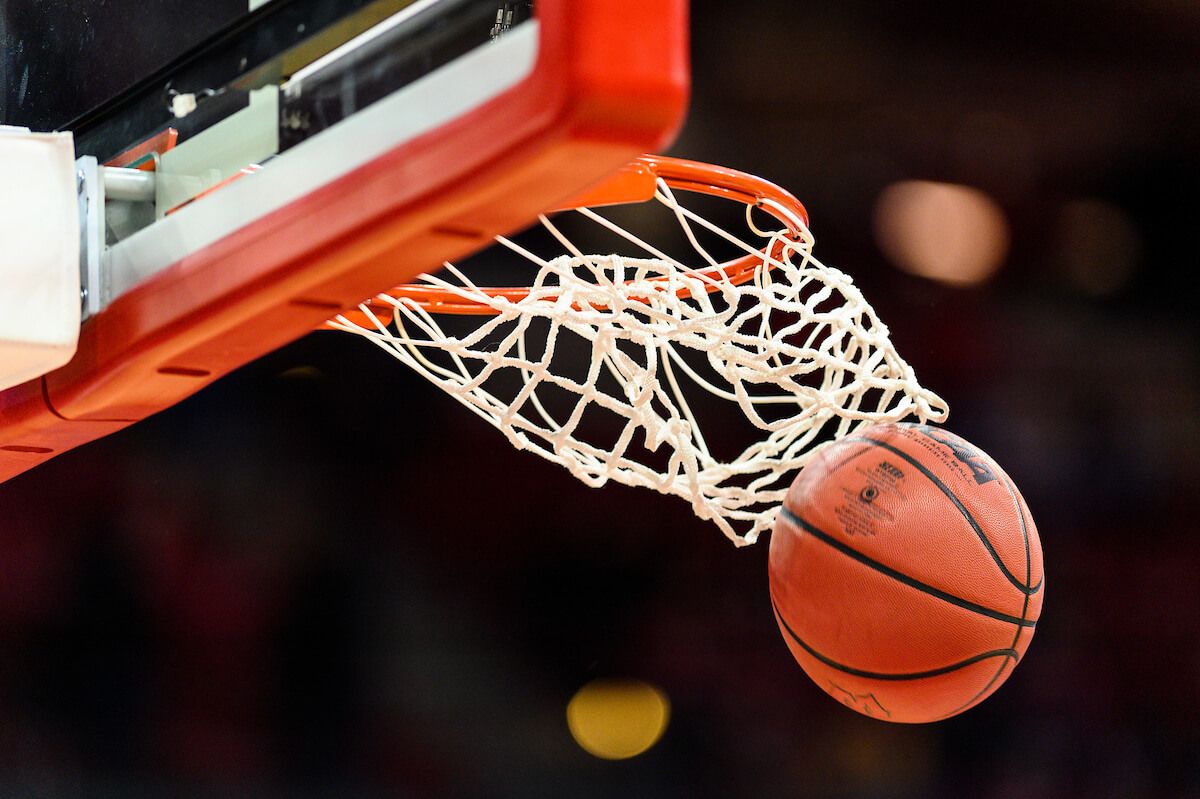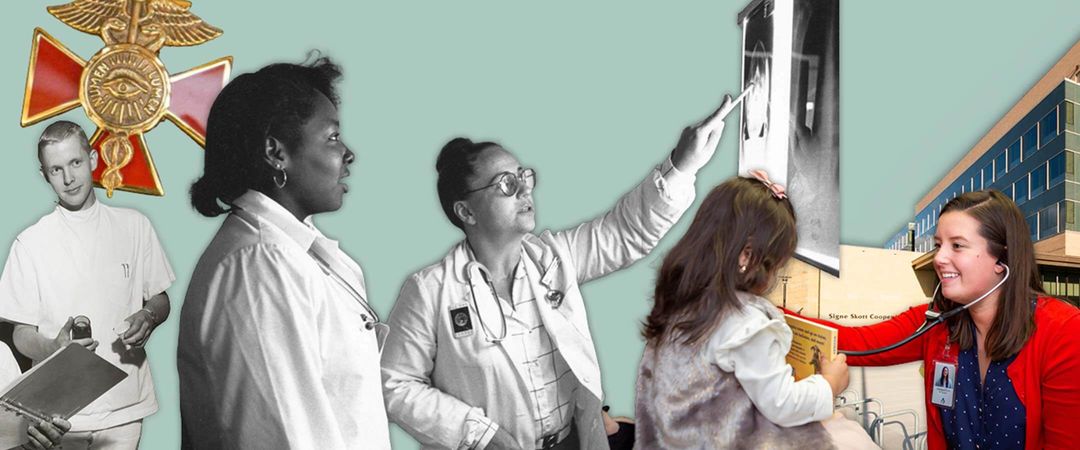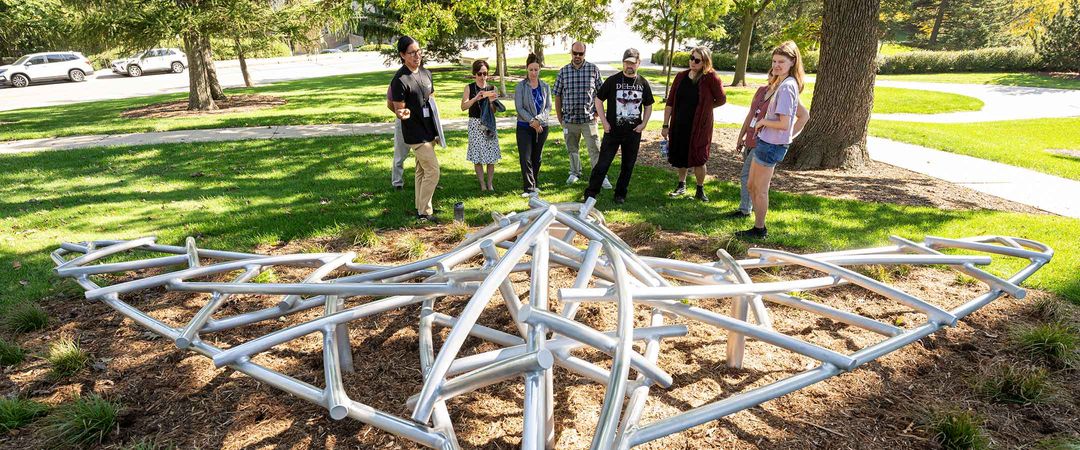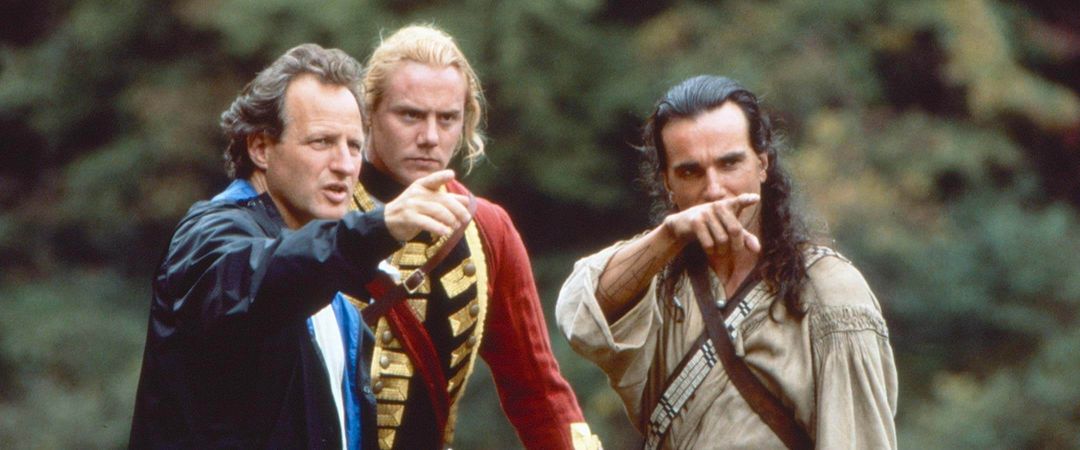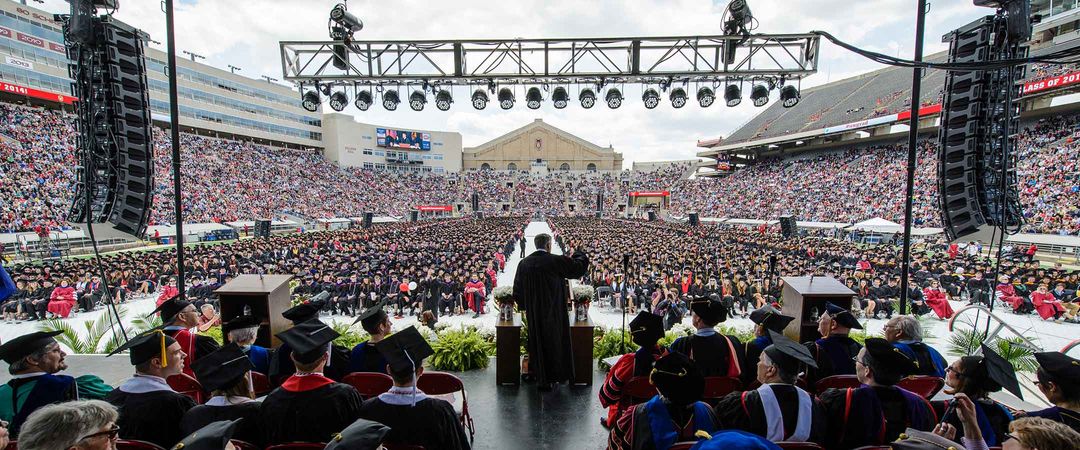After many years of seeing high levels of financial and popular success around its annual March Madness, the National Collegiate Athletics Association has added two new psychiatric diagnoses to its manual for mental health professionals. Beginning in 2022, the NCAA is advising that sports fans are also eligible to suffer from April Anxiety and May Major Depressive Disorder.
“March Madness™ has proven to be a highly lucrative mental illness,” says NCAA psychiatric spokesperson Jim Nasium. “Ever since we first learned that we could pathologize a sporting event and then televise it, we’ve been looking for ways to expand outbreaks and create new revenue streams.”
At its start in 1939, March Madness only affected eight basketball teams per year. Over the ensuing decades, the NCAA has been able to infect increasing numbers of athletes and fan bases, and since 2011, some 68 colleges and universities have suffered from the disorder. But Nasium believes that the diagnosis has apparently reached the maximum patient population, as mediocre and even low-income schools are now involved. “Without new diagnoses, there will be no growth,” he says.
As of yet, there’s no clear indication of which sports might suffer from April Anxiety or May Major Depressive Disorder, though an announcement is expected in coming weeks. Nasium notes that the NCAA has already taken the important step of filing trademark paperwork for both diagnoses. Of more immediate concern, he adds, is finding ways to expand the NCAA’s psychiatric franchise further.
“J is a difficult letter, from a clinical standpoint,” Nasium admits. “We tried June Jitters, but the focus groups didn’t really take to it.”
So far, the America Psychiatric Association has not endorsed the NCAA’s diagnoses nor its diagnostic criteria, and it has implied that determining the value of a diagnosis based on its marketing potential belittles the toll that mental illness takes. However, Nasium says the NCAA isn’t concerned with this lack of medical concurrence.
“The APA doesn’t have a billion-dollar-a-year contract with any television network,” he notes. “What do they know?”

Enjoy the rest of your April Fool's Day!
